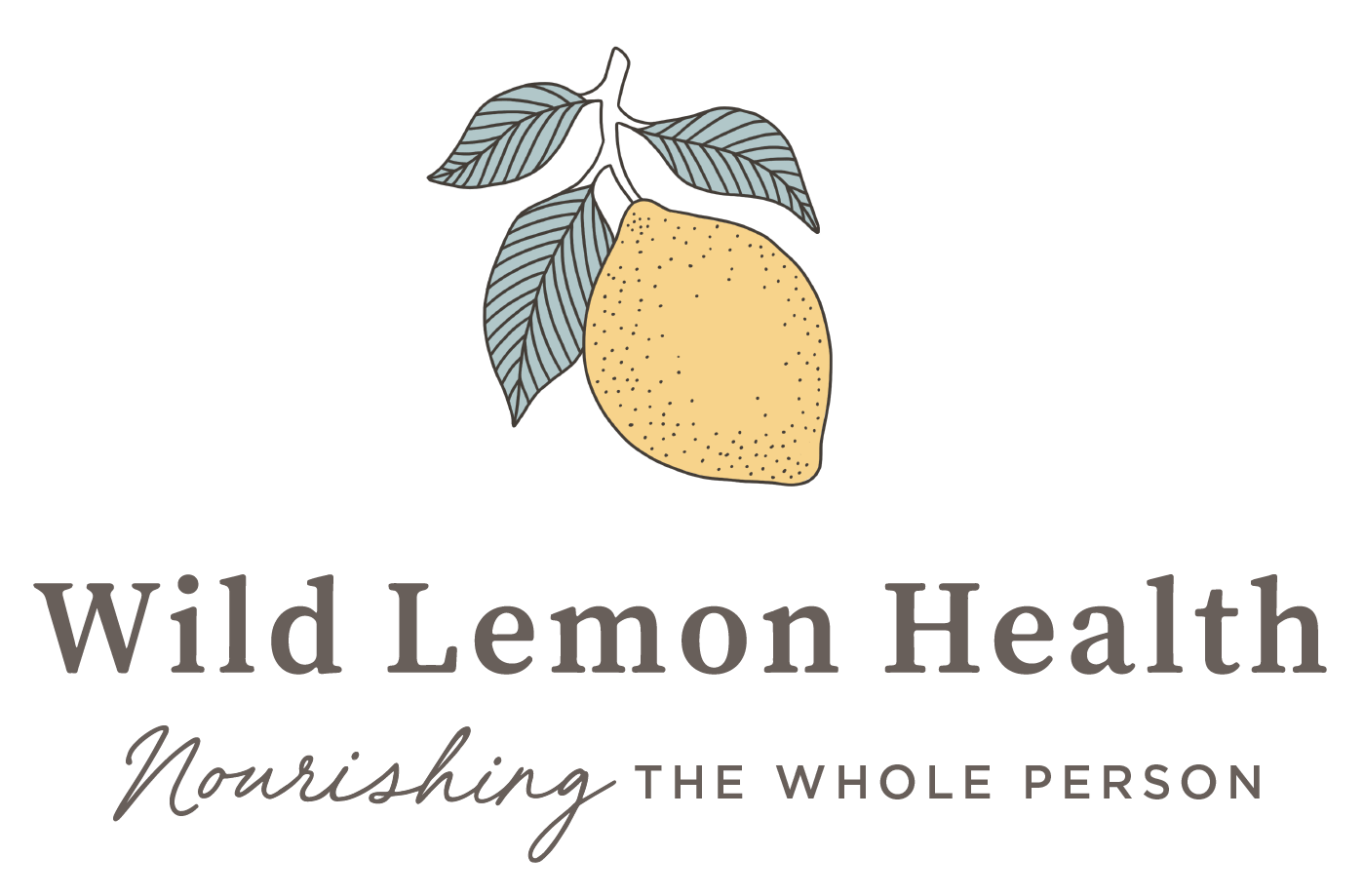The secret about why that thyroid supplement might not be working
The beauty of the practice of medicine is that it is just that. A practice. So we evolve, grow and change. One area, in particular, that has changed for me is how to approach the thyroid combo supplement.
If you or someone close to you has dealt with hypothyroidism, specifically Hashimoto’s hypothyroidism, then you might have tried the ubiquitous thyroid combo product that includes herbs like Coleus or Guggul with other nutrients like tyrosine, and iodine.
I used to use this in practice too. But, I quickly realized that I wasn’t seeing meaningful change in patients with Hashimoto’s. And to understand why, we need to look at how these herbs work and what is actually happening in Hashimoto’s.
Let’s tackle the latter first. Hashimoto’s is an autoimmune condition that is driven by inflammation and a dysfunctional immune response. The result is diminished thyroid function, but it’s not because of a lack of thyroid stimulation.
Yet, stimulating herbs like Coleus and Guggul rely on functioning thyroid tissue and stimulate it to produce its own hormone (Ealey, Kohn, Marshall, & Ekins, 1985; Panda & Kar, 2005).
However, in Hashimoto’s the thyroid tissue isn’t functioning optimally. It’s been damaged by the inflammatory process of the immune system, so isn’t responsive to herbs that require functional thyroid tissue.
If you’ve been frustrated by the lack of results from that combo product, you may likely benefit from looking at the immune/inflammatory picture instead of building the backbone ingredients which is an approach commonly pursued in integrative medicine.
Curious whether you’ve been tested correctly and ruled out Hashimoto’s? Read this companion post.
ps: I’d love to hear a little bit more about you, so I can create valuable content. If you have a second, please share your thoughts below:
References:
Ealey, P. A., Kohn, L. D., Marshall, N. J., & Ekins, R. P. (1985). Forskolin stimulation of naphthylamidase in guinea pig thyroid sections detected with a cytochemical bioassay. Acta Endocrinologica, 108(3), 367–371. https://doi.org/10.1530/acta.0.1080367
Panda, S., & Kar, A. (2005). Guggulu (Commiphora mukul) potentially ameliorates hypothyroidism in female mice. Phytotherapy Research, 19(1), 78–80.











